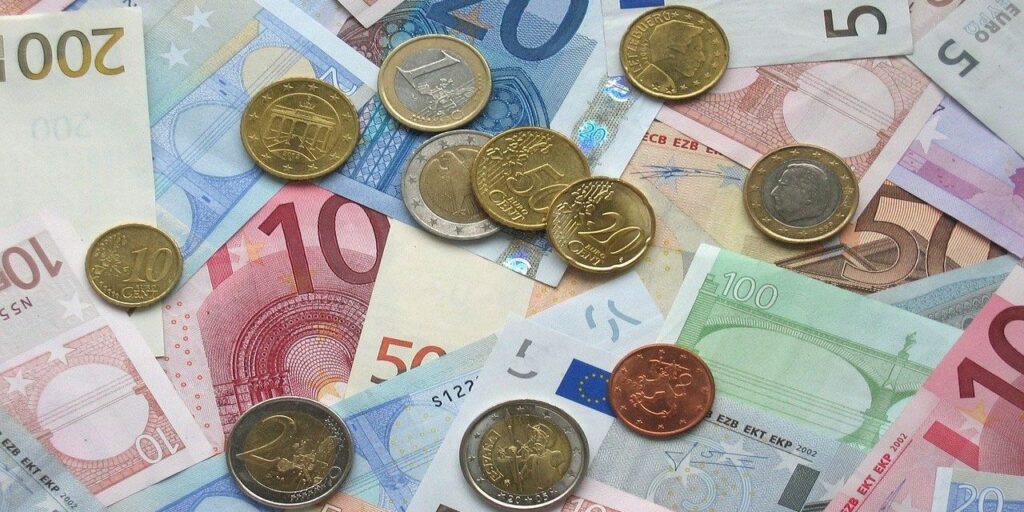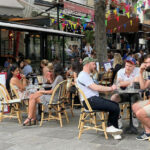Beware of Counterfeit Money in Paris: How These Scams Work and How to Avoid Them
Paris is one of the most visited cities in the world—and, unfortunately, a hotspot for small-scale scams. One common trick tourists fall victim to is receiving counterfeit coins or banknotes. Here’s how this scam works and how to protect yourself.
Content :
A common scam involves giving change in foreign coins that closely resemble euro coins. For instance, 10 Thai baht coins look almost identical to €2 coins but are only worth about €0.26–€0.28. Some vending machines might accept them, and dishonest vendors may slip them into your change during fast transactions.
As for banknotes, fake euro bills do circulate, though they’re less common. Most retailers in Paris are trained to detect counterfeits and use machines to verify banknotes. Nonetheless, scammers might try to pass off fake bills during quick cash exchanges, especially in tourist-heavy areas.
Tips to avoid getting scammed :
Always check your change, especially €2 coins.
Learn to recognize real euro bills by touch and security features like watermarks and holograms.
Be extra cautious during fast transactions or when dealing with street vendors.
Opt for card payments whenever possible—they’re safer and more traceable.
Note: Scams related to the Paris 2024 Olympics are more likely to involve fake ticket sales and fraudulent websites than physical currency.
Staying vigilant about your change and choosing secure payment methods can significantly reduce your chances of being scammed. A little caution goes a long way toward enjoying a worry-free stay in Paris.


